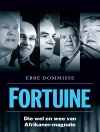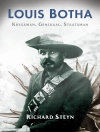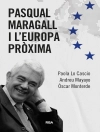Rosa Luxemburg lived a revolutionary life which determined her theoretical reflections about revolution and the role of the masses within it. The present study provides an analysis of Luxemburg’s thoughts about and experiences with revolutionary processes and shows how she further developed Marxist ideas about the path and methods to achieve a democratic socialism as the result of a successful revolution. Next to the theoretical debate with Eduard Bernstein and her experiences during the Russian Revolution of 1905, the book also takes a closer look at Luxemburg’s theoretical reflections about revolution in the years before and during the First World War, the Russian Revolution of 1917 as well as the German Revolution of 1918/19. The book therefore offers a concise analysis of Luxemburg’s life as well as her combination of revolution theory and revolutionary practice.
Cuprins
1 Introduction
2 The Theoretical Debates with Bernstein and Lenin
3 Revolution in Russia in 1905
4 Against Imperialism and for Revolution
5 The Russian Revolution in 1917
6 The Murder of a Revolutionary
7 A Revolutionary Legacy
8 Works Cited
Despre autor
Prof. Dr. Frank Jacob lehrt Globalgeschichte an der Nord Universitet, Norwegen. Er ist Autor oder Herausgeber von mehr als 70 Büchern. Zuletzt erschienen bei Büchner ‘1917: Die korrumpierte Revolution’ sowie der Sammelband ‘Engels@200’.












